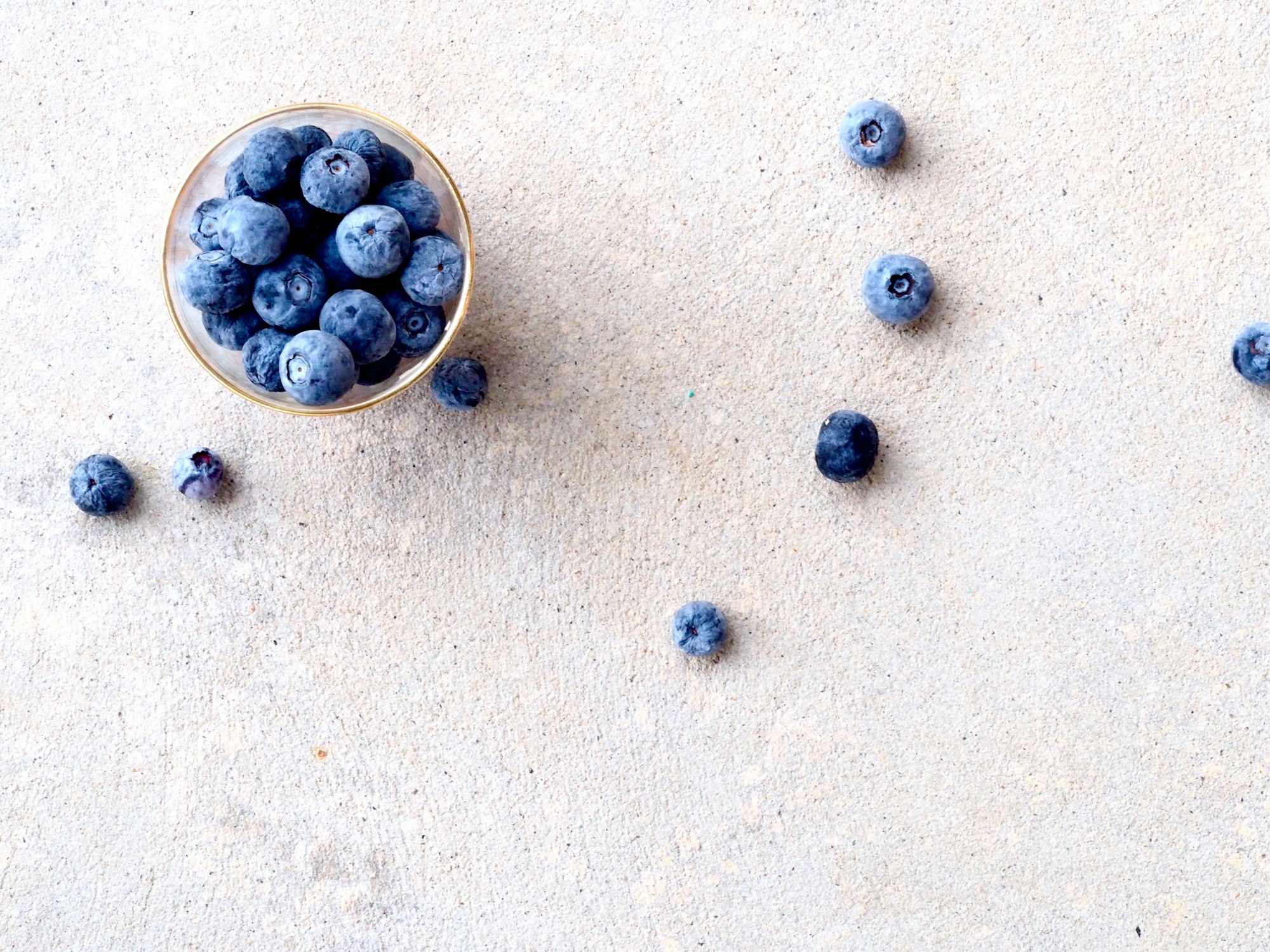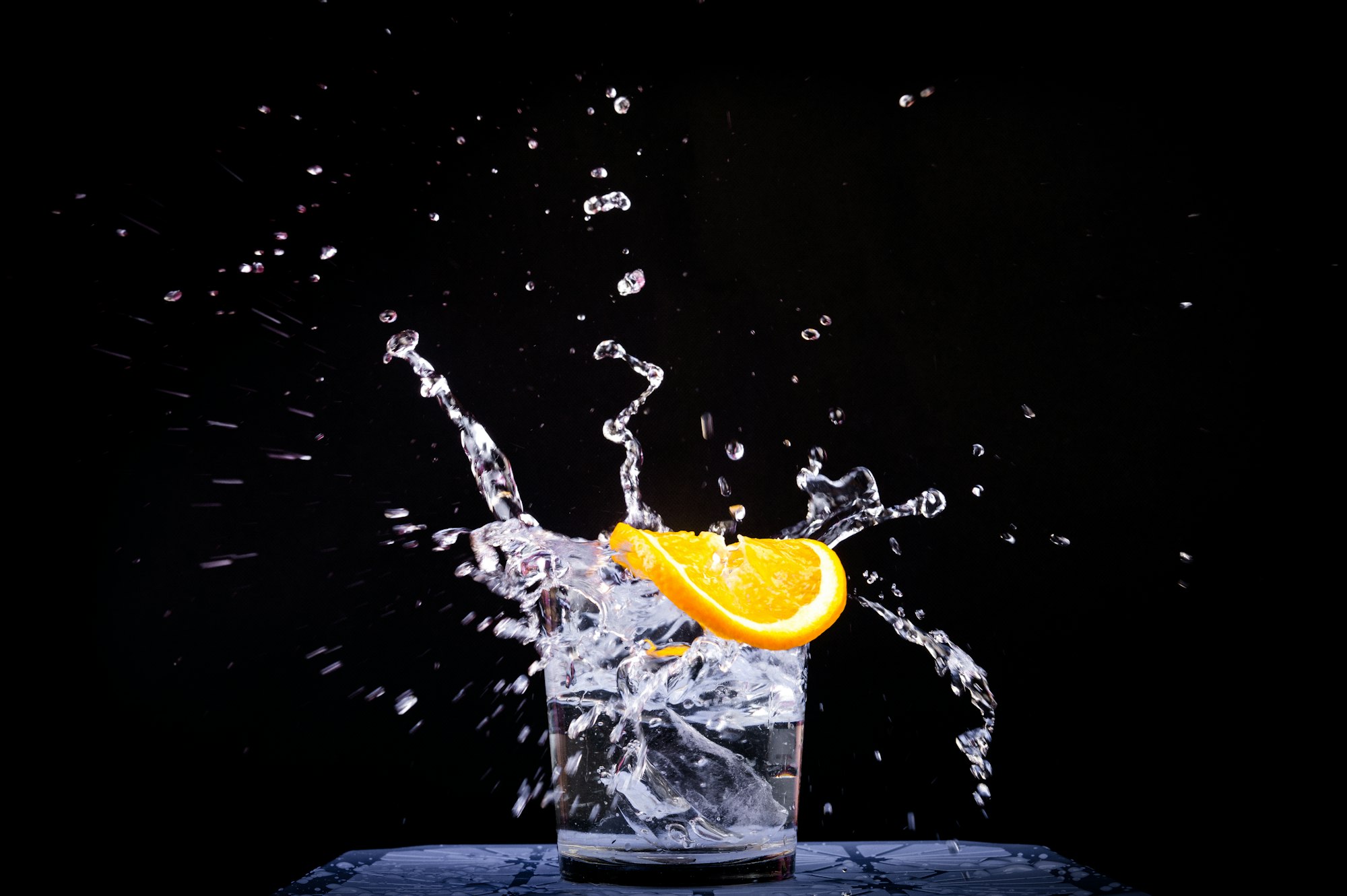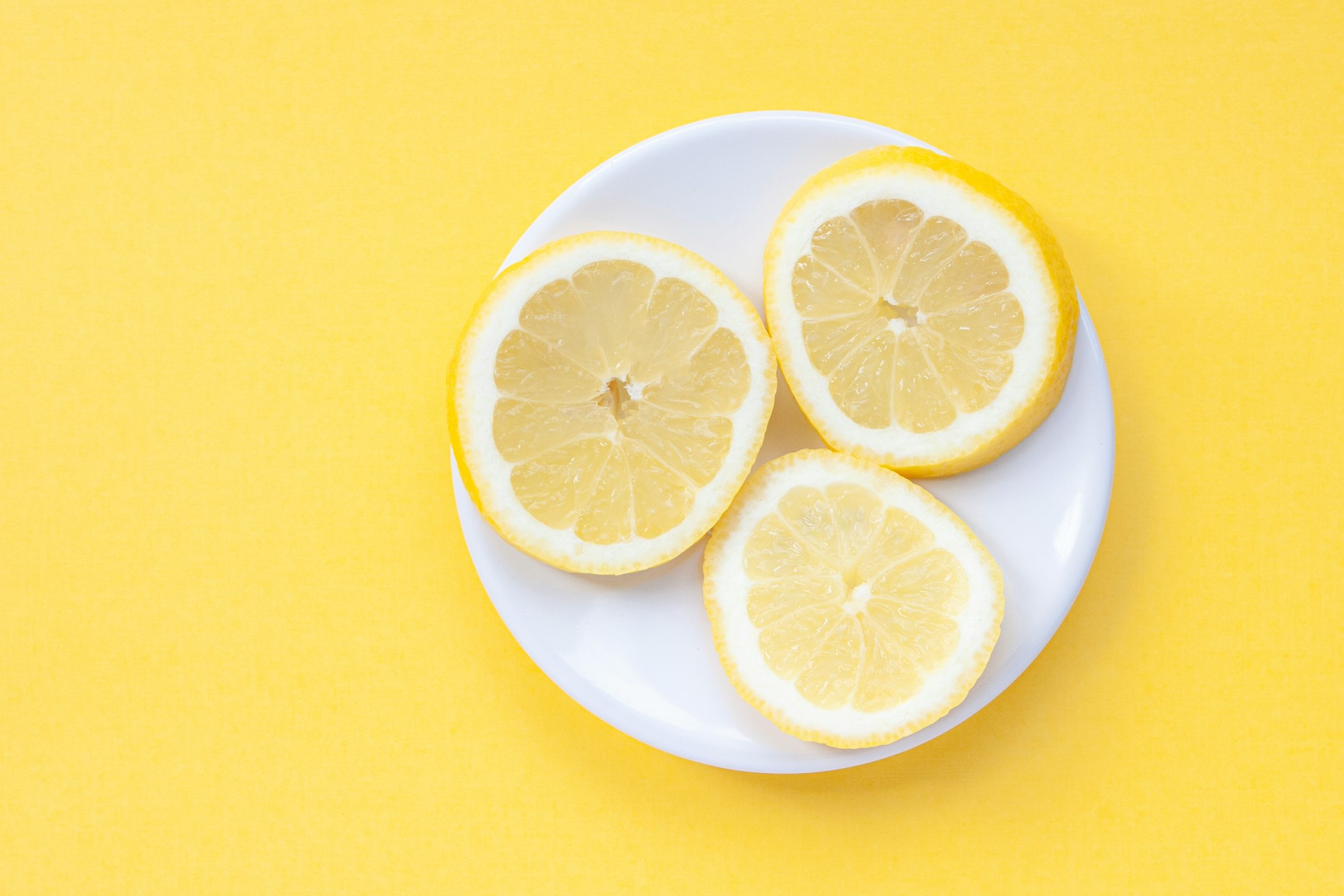My favorite drink: water
Why is drinking water so important?

Why is drinking water so important?
Human body is made up of around 60% water, and it plays a crucial role in maintaining many bodily functions such as regulating body temperature, carrying nutrients to cells, flushing waste from the body, and lubricating joints.
Dehydration can have a significant impact on physical and mental performance. Even mild dehydration can impair cognitive function, reduce alertness, and negatively impact mood.
Drinking water can help with weight management. Research has shown that drinking water before meals can help to reduce appetite and increase feelings of fullness, leading to a reduction in calorie intake.
Drinking adequate amounts of water can also benefit the skin. Proper hydration can help to keep skin looking healthy, reduce the appearance of wrinkles, and improve skin elasticity.
A study published in the Journal of Nutrition found that increasing water intake by 1% can decrease daily calorie intake, sugary drinks, sodium and cholesterol intake.
Inadequate water intake can lead to constipation and other digestive issues. Drinking water can help to keep the digestive system functioning properly, soften stools, and prevent constipation.
It's recommended that adults aim to drink at least 8 cups of water per day, as for how much water we need, it depends on several factors, including age, sex, weight, physical activity level, and climate.

In our diet, where can we get water from?
- Fruits have a high water content, making them a great source of hydration.
- Vegetables also tend to have a high water content.
- Soups and broths are often made with water, which can help contribute to our daily water intake.
- Milk and other dairy products can also provide hydration. In addition to water, milk contains electrolytes and other nutrients that can help maintain fluid balance in the body.
- Herbal teas: prepare a big jar in the morning and sip on it throughout your day

What are the signs you might be dehydrated?
- Thirst: If you feel thirsty, it's likely that you are dehydrated
- Dark urine: The darker the colour, the more dehydrated you may be
- Dry mouth and throat
- Fatigue and weakness as your body has to work harder to perform everyday tasks.
- Headaches: dehydration can cause headaches or migraines, which can be a result of changes in the brain due to fluid loss.
- Dizziness or lightheadedness which can be a result of low blood pressure or reduced blood flow to the brain.
- Dry skin: Dehydration can cause your skin to become dry and flaky

On drinking water first thing in the morning
Drinking a big glass of water first thing in the morning has been promoted by some health advocates as a healthy habit that can offer several benefits. While there is limited scientific research on this specific practice, here are some potential benefits that have been suggested:
- Improved hydration: After a night of sleep, the body may be slightly dehydrated, so drinking water first thing in the morning can help rehydrate the body and prepare it for the day ahead.
- Digestive benefits: Drinking water, especially warm water, in the morning can help stimulate the digestive system and promote bowel movements, which can help relieve constipation and improve overall digestive health.
- Boosted immune system: Drinking water can help flush toxins out of the body, which can support a healthy immune system.

Adding half a squeeze of lemon to your water can also offer some additional benefits. Here are a few potential benefits:
- Improved digestion: Lemon juice has been suggested to stimulate the production of digestive enzymes and promote the breakdown of food.
- Immune support: Lemons are a good source of vitamin C, which is important for immune function.
- Detoxification: Some studies suggest that lemon juice can help support liver function and aid in detoxification.
Note: The benefits of drinking water and lemon water are not a magic solution to health problems, and should be considered in the context of an overall healthy lifestyle that includes a balanced diet, regular exercise, and adequate sleep.
